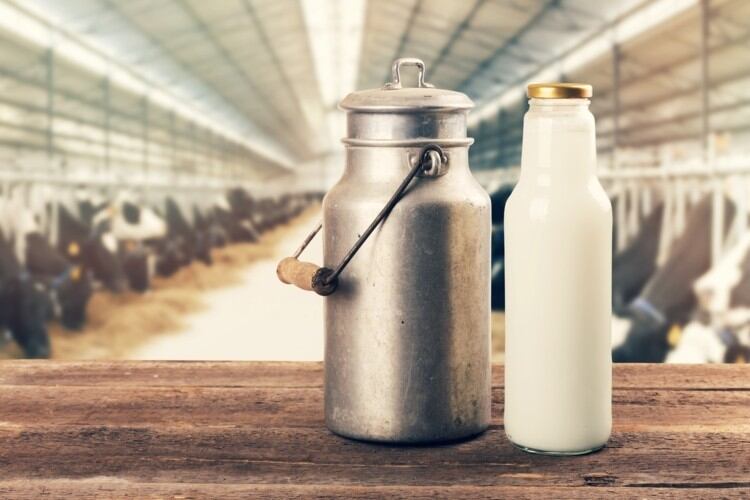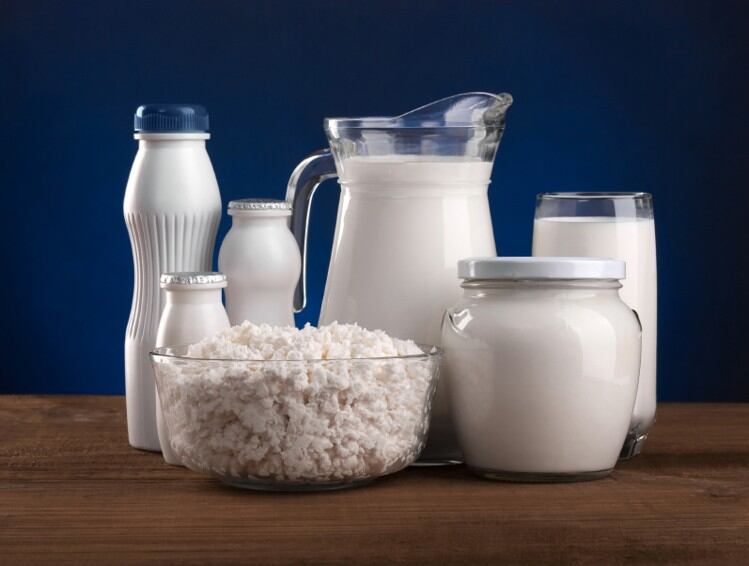“Public confidence in the safety and quality of milk and milk products is low,” said Daya Shankar, Joint Director, Regulatory Compliance Division, FSSAI in a letter addressed to all Food Safety Commissioners and designated FSSAI officers in all states and union territories (UTs).
“There are instances of few (sic) unscrupulous elements/dairy businesses indulging in acts of adulteration, [which] often increase during festival season when the demand for milk and milk products outstrips supply.
“[All] States/UTs are […] to take up special drive on surveillance of milk and milk products (specifically products like khoa, paneer, dahi, ghee etc.) w.r.t their microbiological quality and presence of adulterants.”
“[Such surveillance activities are to be complemented] with adequate enforcement drive (sic) particularly during the festive season ahead.”
Shankar also emphasized that adulteration of milk and milk products not only results in ‘cheating of consumers’, but also lead to negative health impacts, hence the importance of the special drive.
FSSAI included a list of common adulterants used in milk and milk products along with the order, which included harmless items such as water and vegetable fat to alarming items like detergents and pulverised soap.
Earlier this year, FSSAI reported that over 68% of all milk and milk products in India were found to be in violation of food safety standards, especially with regard to adulteration.
Contamination as another concern
Apart from adulteration, Shankar also pointed out bacterial contamination of the dairy products as another major area for concern, expressing worry over the effects of microbial contamination and toxins to consumer health.
“With low shelf life, milk and milk products are prone to spoilage if these are not stored and handled properly,” he added.
“Preparation and handling of dairy products under unhygienic conditions and its storage without temperature control results in bacteriological contamination and quick deterioration of quality.
Among some of the products that drew especial concern by FSSAI were khoa and dahi.
“[Milk] products like khoa are prepared months in advance of the festival seasons and stored under unhygienic conditions leading to poor microbial growth and visible growth of fungus etc.
“Likewise, dahi is transported in bulk in rusted tin containers [for long distances] leading to microbial contamination and deterioration during transit.”
FSSAI warns about stickers on fresh produce
Meanwhile, FSSAI has also issued a guidance note with regard to the safety of stickers on fruits and vegetables, advising traders to not stick these directly on fresh produce.
“[It] is observed that in India, traders use stickers to make their product look premium and sometimes to hide any decay or defect on the product,” said FSSAI.
“A wide variety of adhesives are used on these stickers to paste them effectively. Safety of these adhesives is not known.
“It may contain harmful chemicals which may affect human health. The risk of consuming these adhesives is high in case (sic) of fruits or vegetables consumed with skin.
“Traders should use a functional barrier [like transparent thin films] to avoid direct application […] on fruits and vegetables.
“The ink used on the stickers should be of food grade [and] should not migrate into food.”
The note also warned consumers not to depend on the stickers to ascertain premium quality, and to first check the quality of the produce before consumption and or purchase.
“Consumers should remove the stickers properly and peel the skin or cut the area where the sticker was applied before consuming [the product].”
Many of these stickers contain terms like ‘Tested OK’ or ‘Best Quality’, which ‘do not have any significance’, according to FSSAI.
“Traders should discourage the use of stickers […] which do not provide any traceability or other regulatory information,” it added.



